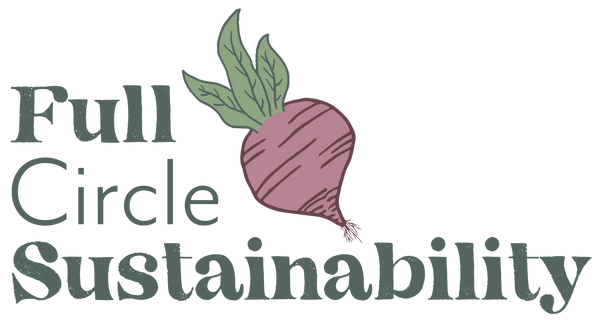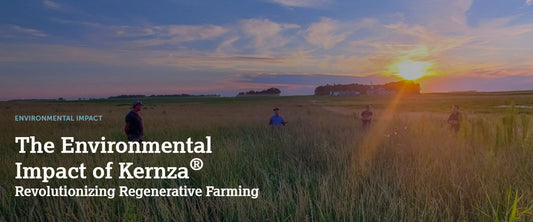
Why Pastured Poultry?
There are so many reasons to prefer pastured poultry over conventionally farmed chicken and eggs.
We’ve all heard the horror stories about chickens in factory farms with tiny cages and no access to the outside. Those birds can't be very happy, and they're not very healthy either.
Raising birds on pasture makes for healthier meat and eggs as well as a system that’s healthier for the planet.
First things first, though: what do we mean by "pastured"? Pastured chickens spend their lives outdoors, free to forage and glean and scratch and eat bugs . . . and even mice and snakes and frogs! Contrast this with "free-range" chickens, which have some access to the outdoors but may not spend their time on actual pasture.
It's worth noting that even pastured chickens on sustainable farms do not typically survive on pasture alone. They have access to feed, which helps ensure they get enough protein. That's important for growth and egg production. Ancient chickens got by on more foraging—but they probably weren’t laying an egg every day.
So on to the benefits of pasture-raised poultry:
- Pasture-raised chickens eat their veggies and spend lots of time in the sun . . . and it shows! Their meat and eggs contain more vitamin D than conventional products. Meat is higher in iron, and eggs have higher levels of vitamins A, E, B12, and K—plus more choline, folate, and beta carotene. Probably other stuff too. They're a clear win when it comes to micronutrients!
- Pastured poultry has been found to be lower in fat and saturated fat than conventional poultry—and significantly lower in cholesterol.
- Pasture-raised meat has more Omega 3 fatty acids than conventional meat, and the ratio of Omega 6 to Omega 3 fatty acids is lower, which keeps inflammation down and is better for your health.
- When given the chance, chickens are great garbage disposals. Chickens raised in a factory eat feed. Chickens raised by a small farmer can chow down on kitchen scraps and crop waste (in addition to everything they find on the land). This leaves less that the farmer has to compost.
- All of the scratching and foraging that chickens love to do helps aerate the soil, which improves soil health and drainage.
- Chickens raised on pasture poop on pasture. That manure is high in nitrogen and phoshorus, which fertilizes the soil.
- Waste and runoff from poultry farms can pollute the water and lead to growth of toxic algae. Controlling this is easier on small farms than industrial-scale ones that have manure from hundreds of thousands of birds to deal with. Those large farms are also more likely to spread pathogens and bacteria that cause respiratory problems such as chronic bronchitis and ashma. Ugh!
Pasture-raised chickens from small-scale, local producers are simply better on virtually every measure of health, sustainability, and ethics we can think of. They're part of a grass-soil-poop-bug-chicken-human system that's good for all of us—the sort of food system we're excited for our grocery dollars to support.
-Justine

Sources:
Nutritional Analysis of Pastured Poultry Products
Cracking the Health Benefits of the Pasture-Raised Eggs
Nobody's Listening: Water and Air Pollution from Poultry Farming
Poultry Farming: Unsustainable Practices Are Coming Home to Roost
Photos courtsey of Piccalilli Farm



